In support of World Mental Health Day, SafetyAtWorkBlog has opened access to several mental health and suicide prevention articles for a limited time.
Arts Wellbeing Collective shows how it’s done
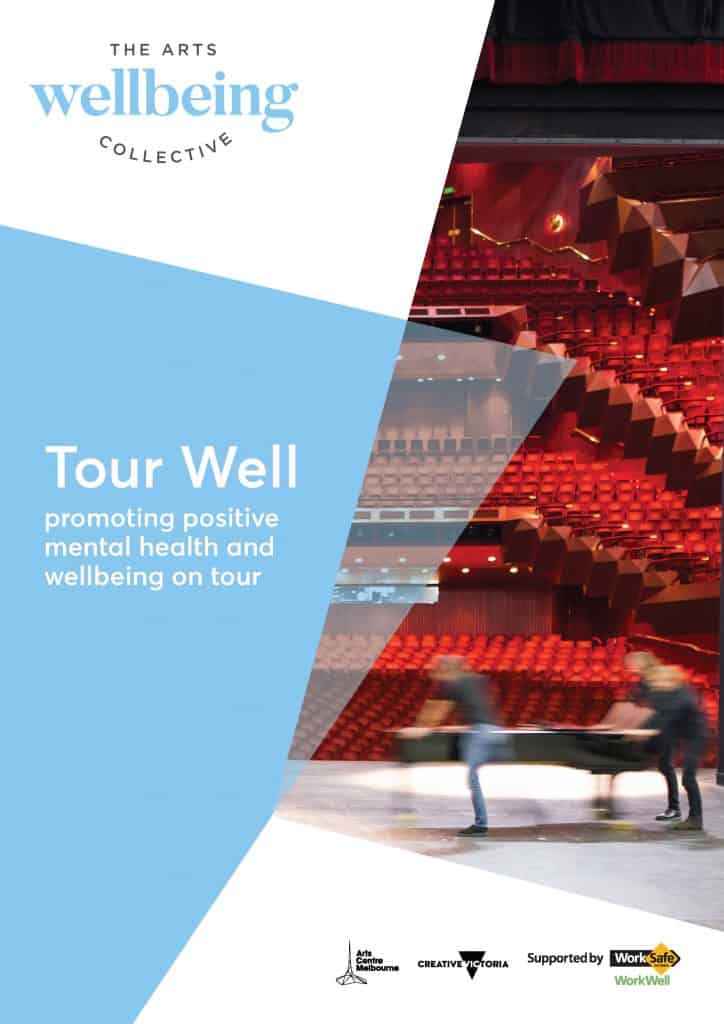
From an occupational health and safety (OHS) perspective, part of the reason that the Arts Wellbeing Collective (AWC) is being so successful and admired is that it originated outside of the traditional OHS and Health funding models. Existing in the performing arts meant the Collective drew firstly on their modern version of patronage by approaching their sponsors.
Recently the CEO of the AWC, Claire Spencer, spoke at the launch of Victoria’s Health and Safety Month and reminded the audience of the dire straits the performance arts were in with relation to mental health. She referenced the research commissioned by Entertainment Assist and conducted by Victoria University
Shared Values, Social Values and Safety Values
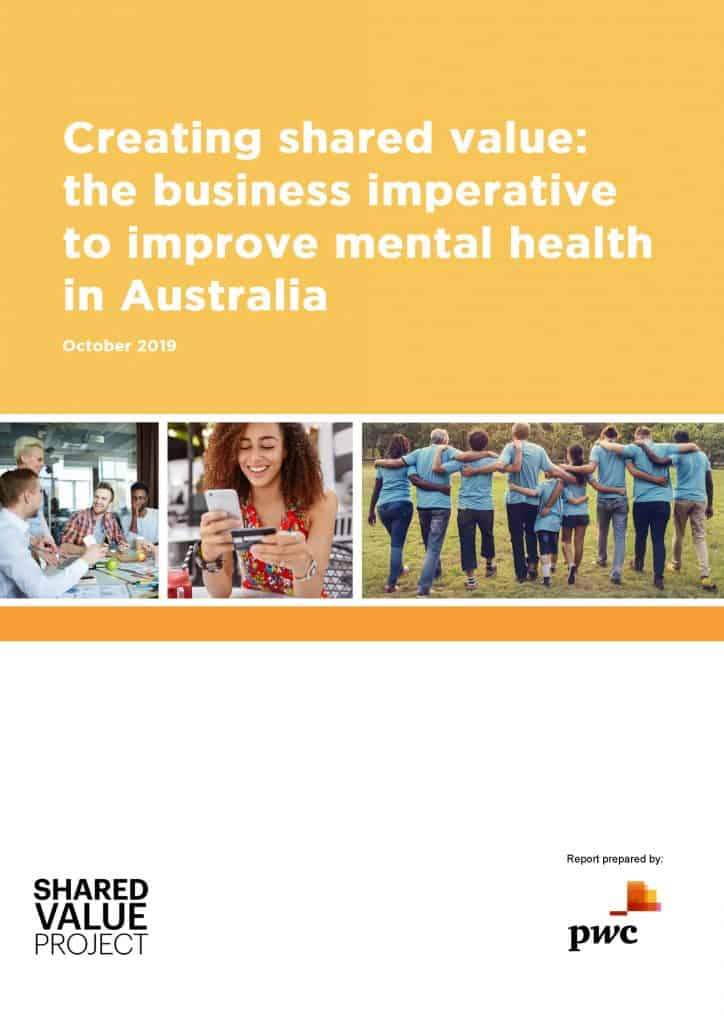
Last week, the Shared Value Project launched its whitepaper called “Creating Shared Value, the Business Imperative to Improve Mental Health in Australia.” It is an interesting document that is part of the trend of reconfiguring capitalism, the decline of neoliberalism, talk of a “social licence”, Environmental, Social and Governance (ESG) and more. Depending on one’s position on capitalism, this makes it part of the wave of change or another failed humanitarian action in the wake of that capitalism.
Several people spoke at the launch, including Professor Allan Fels and the Victorian Minister for Mental Health, Martin Foley.
Business Leaders hear about the Vic Government’s OHS achievements, and about OHS is the Arts
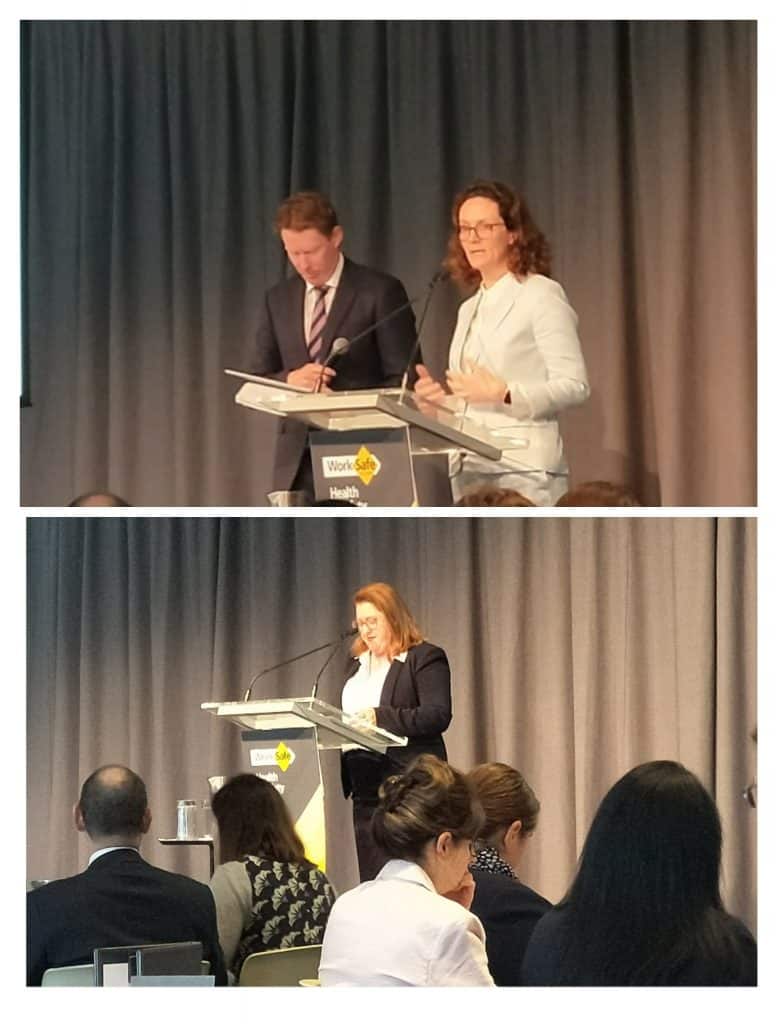
October is Australia’s workplace safety month. It operates under different names in different States, but they all started on October 1 2019. These months are almost exclusively about marketing and SafetyAtWorkBlog’s Inbox has received a lot of generic statements about the importance of occupational health and safety (OHS) but with little information about how to improve it. The best we can do about this is to seek knowledge in some of the physical events and seminars scheduled during October.
On October 2 2019, WorkSafe Victoria held a Business Leader’s Breakfast at which there were two featured speakers – the Parliamentary Secretary for Workplace Safety, Natalie Hutchins, and the CEO of Arts Centre Melbourne, Claire Spencer. Hutchins spoke about the occupational health and safety achievements of the Victorian Government and Spencer spoke about the significance of the Arts Wellbeing Collective. They provided a good mix of politics and practice.
Hutchins spoke about
- Silicosis
- Hazardous Chemicals and Dangerous Goods
- Workplace Manslaughter Laws, and
- Mental Health.
Shared Value and Mental Health
This morning SafetyAtWorkBlog attended the launch of a whitepaper called “Creating shared Value: the business imperative to improve mental health in Australia” produced by the Shared Value Project. Just after the launch I had the opportunity for a quick interview with Shared Value Project CEO Helen Steel. Below is that audio as a short Safety At Work Talks podcast.
A longer article on the white paper and the comments of Victoria’s Minister for Mental Health, Martin Foley, at the launch will be available next week.
Tough but fair – Allan Fels
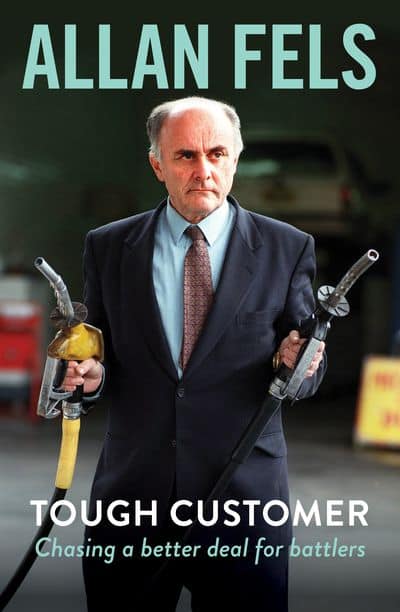
Allan Fels has served the Australian public for decades as the head of the Australian Competition and Consumer Commission, a Mental Health Commissioners and recently a Royal Commissioner for the Victorian Government in its inquiry into mental health. His level of activity and the breadth of that influence is extraordinary and should be no surprise that his service has overlapped and influenced workplace health and safety.
That experience has generated a book – Tough Customer – in which Fels reflects on his public service roles but also about how his life and that of his family have influenced his view of the world and his policy priorities. SafetyAtWorkBlog was able to speak with him for a short while earlier this week on the topics of
- mental health
- workplace health and safety
- executive and political perspectives
- the gig economy
- ethics and social justice
- the ACCC.
Talk business, talk safety
Successful management of occupational health and safety (OHS) requires reciprocal, active dialogues between workers and their managers. In OHS terms this is Consultation. To provide some structure to that consultation, it is becoming more common to designate some workers as “Safety Champions”.
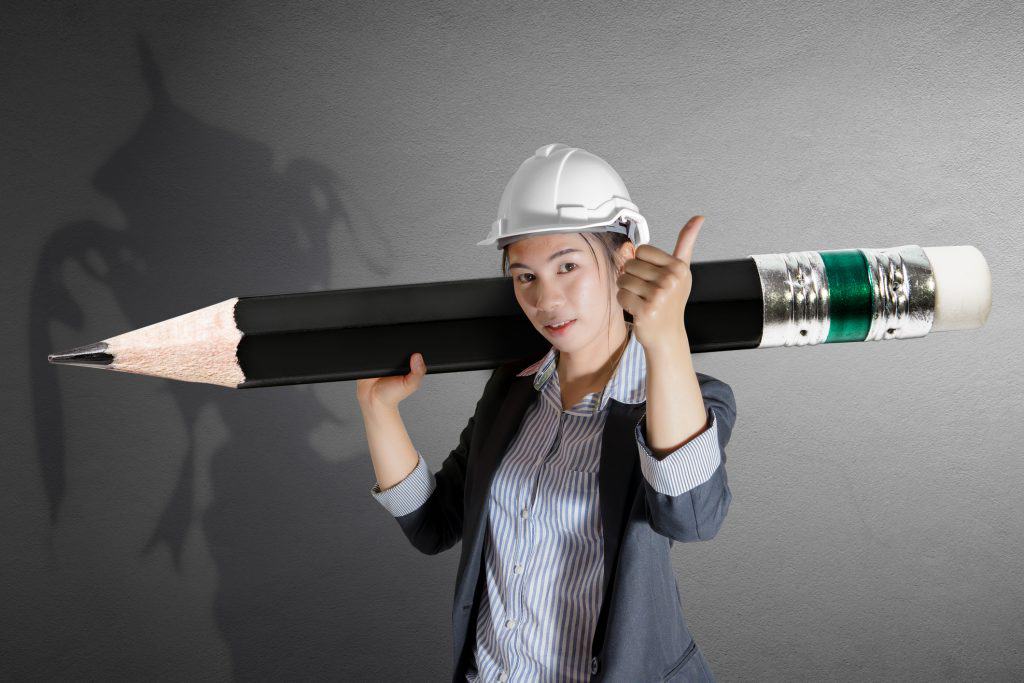
This October, Safe Work Australia is promoting its National Safe Work Month urging everyone to be a “Safety Champion”. This is more about the act of championing safety than having a Safety Champion title. In the past, SWA has used alternate terms such as “Safety Ambassador” but it still struggles to enliven the conversations about OHS in workplaces, partly because of its passive messaging.
